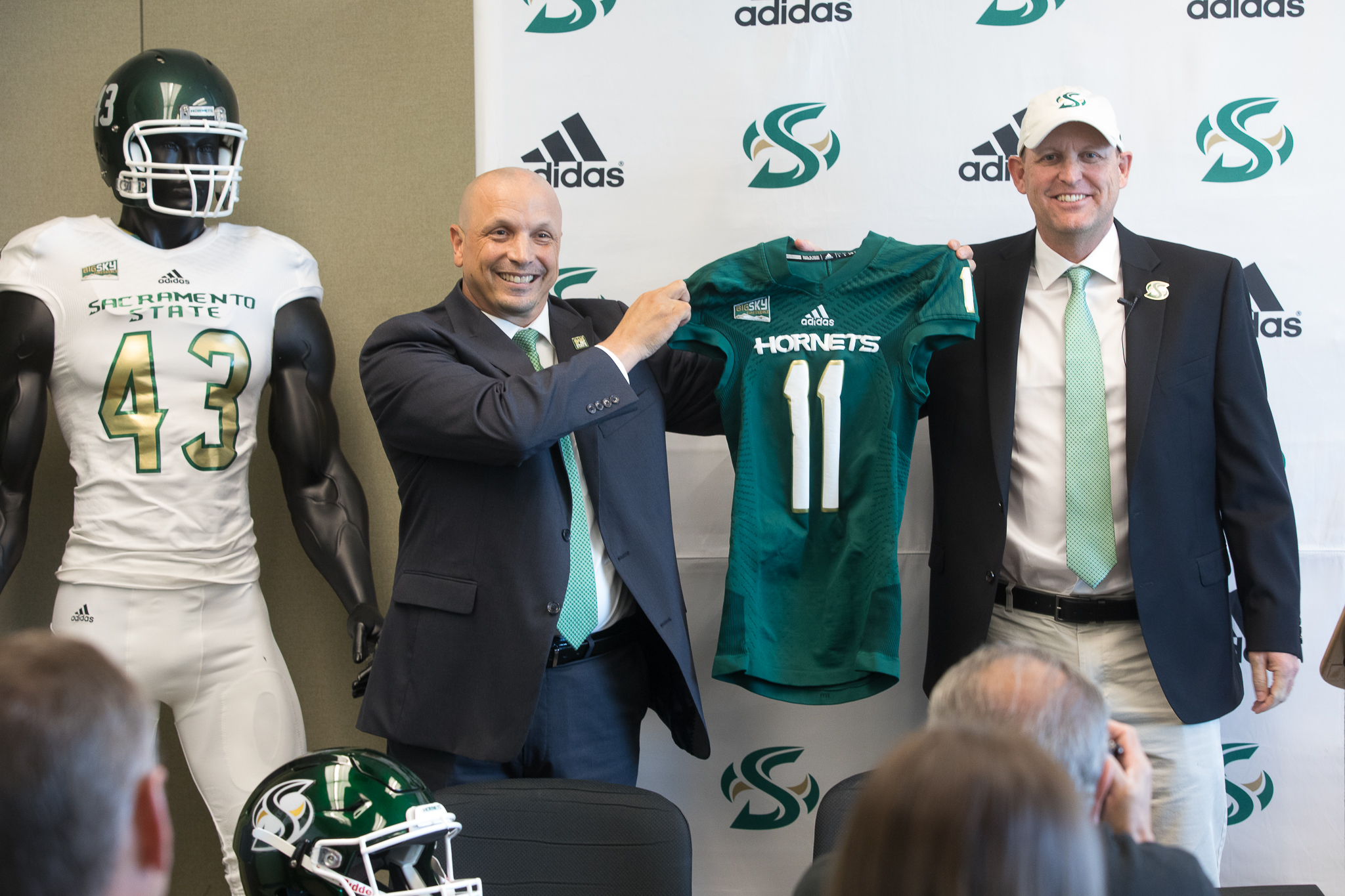Stanford Football Coach Troy Taylor has recently become the center of attention due to allegations of hostile and sexist behavior. The investigation into these claims has sparked widespread discussions about workplace culture in college sports and the responsibilities of leadership figures. This issue not only affects the Stanford community but also resonates with broader societal concerns regarding gender equality and respectful environments.
The allegations against Troy Taylor have brought significant attention to the need for accountability and transparency in sports organizations. As a prominent figure in college athletics, Taylor's actions are under scrutiny, and the outcome of the investigation could set a precedent for how institutions handle similar situations.
This article delves into the details of the allegations, explores the implications for Stanford University, and examines the broader context of gender dynamics in sports. By understanding the issues at hand, we can work toward creating a more inclusive and respectful environment for everyone involved.
Read also:When Does Severance Come Out A Comprehensive Guide To Understanding Severance Packages And Timelines
Table of Contents
- Biography of Troy Taylor
- Overview of Allegations
- Details of the Investigation
- Impact on Stanford Football
- Gender Dynamics in Sports
- Leadership Responsibility in Sports
- Support Systems for Victims
- Institutional Response
- Prevention Strategies
- Future Directions
Biography of Troy Taylor
Brief Overview
Troy Taylor is a well-known figure in the world of college football, having served as the head coach of Stanford's football team. Before joining Stanford, Taylor had an impressive career at UC Davis, where he led the team to multiple successes. His reputation as a skilled coach made him a valuable asset to Stanford's athletic program.
Data and Biodata
| Full Name | Troy Taylor |
|---|---|
| Birth Date | July 15, 1973 |
| Place of Birth | San Diego, California |
| Current Position | Head Coach, Stanford Football |
| Previous Experience | Head Coach, UC Davis Football |
Overview of Allegations
The allegations against Stanford football coach Troy Taylor stem from reports of hostile and sexist behavior within the team environment. According to sources, several members of the team have come forward with complaints about Taylor's management style, which they describe as dismissive and discriminatory toward female staff and players.
- Incidents of verbal abuse directed at female team members.
- Failure to address gender biases within the team structure.
- Creation of an unwelcoming atmosphere for women in the program.
Details of the Investigation
Stanford University has launched a formal investigation into the allegations against Troy Taylor. The university is committed to ensuring a fair and thorough examination of the claims, involving independent investigators and interviews with team members, staff, and other stakeholders.
Key Steps in the Investigation
- Review of documented evidence and communication records.
- Interviews with individuals who have reported incidents.
- Consultation with experts in workplace dynamics and gender equality.
Impact on Stanford Football
The allegations and subsequent investigation have had a significant impact on Stanford's football program. The team's reputation is at stake, and the university must navigate the situation carefully to maintain trust with students, alumni, and the broader community.
Challenges Faced by the Program
The primary challenges include rebuilding team morale, addressing systemic issues, and ensuring that all members feel valued and respected. Stanford must also consider the long-term implications for recruiting and retaining talent in the program.
Gender Dynamics in Sports
Gender dynamics in sports have long been a topic of discussion, with issues of inequality and bias persisting across various levels of competition. The case of Troy Taylor highlights the need for greater awareness and action in addressing these disparities.
Read also:Omaha Vs St Johns A Comprehensive Analysis Of Two Vibrant Cities
Statistical Insights
According to a report by the Women's Sports Foundation, women hold only 30% of leadership positions in college athletics. This statistic underscores the ongoing struggle for gender equality in sports administration and coaching.
Leadership Responsibility in Sports
Leaders in sports organizations, including coaches and administrators, bear a significant responsibility in fostering inclusive and respectful environments. Troy Taylor's situation serves as a reminder of the importance of accountability and ethical leadership.
Key Responsibilities
- Promoting diversity and inclusion within the team.
- Addressing and resolving conflicts in a fair and transparent manner.
- Leading by example to set a positive tone for the organization.
Support Systems for Victims
For victims of hostile or sexist behavior, having access to effective support systems is crucial. Institutions like Stanford must ensure that resources are available to address and resolve complaints promptly and compassionately.
Available Resources
- Counseling services for affected individuals.
- Hotlines for reporting incidents confidentially.
- Training programs for staff and students on recognizing and combating bias.
Institutional Response
Stanford University's response to the allegations against Troy Taylor reflects its commitment to upholding standards of fairness and respect. The university has emphasized the importance of transparency and accountability throughout the investigation process.
Steps Taken by Stanford
- Appointment of an independent investigation team.
- Public communication of the investigation's progress and findings.
- Implementation of additional training and policies to prevent future incidents.
Prevention Strategies
Preventing hostile and sexist behavior in sports requires a proactive approach. Institutions must invest in education, policy development, and cultural change to create environments where everyone feels safe and respected.
Effective Strategies
- Regular training sessions on diversity and inclusion.
- Clear policies and procedures for addressing complaints.
- Encouragement of open communication and feedback from all team members.
Future Directions
As the investigation into Troy Taylor's behavior continues, the future of Stanford's football program and broader sports culture hangs in the balance. The lessons learned from this case can inform efforts to promote gender equality and respectful environments across all levels of athletics.
Call to Action
We invite readers to engage in the conversation by sharing their thoughts and experiences in the comments section below. Your input can help shape the future of sports culture and contribute to meaningful change. Additionally, explore other articles on our site to learn more about related topics and stay informed about developments in the world of sports.
Kesimpulan
The investigation into Stanford football coach Troy Taylor's alleged hostile and sexist behavior highlights critical issues in sports culture and leadership. By addressing these challenges head-on, institutions like Stanford can work toward creating inclusive and respectful environments for all participants. The commitment to transparency, accountability, and education is essential in fostering positive change.
We encourage readers to take action by sharing this article, participating in discussions, and supporting initiatives that promote gender equality in sports. Together, we can build a brighter future for athletics and beyond.


